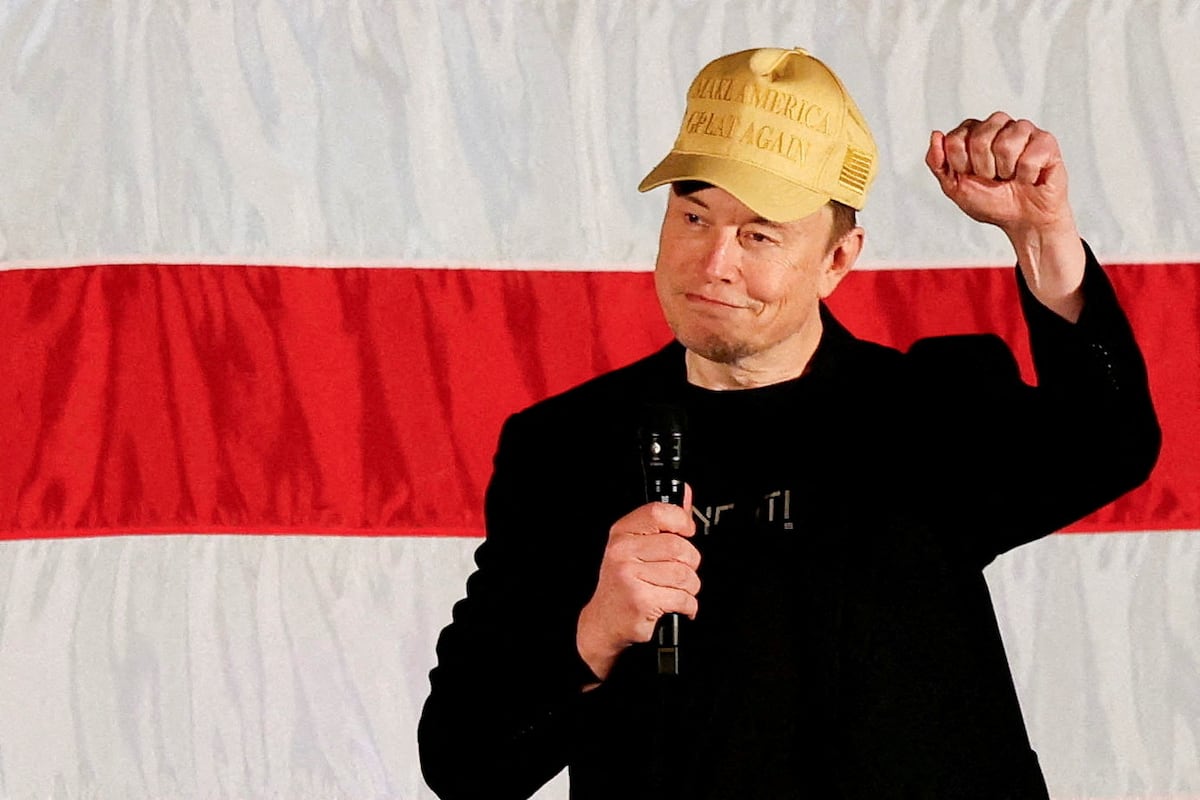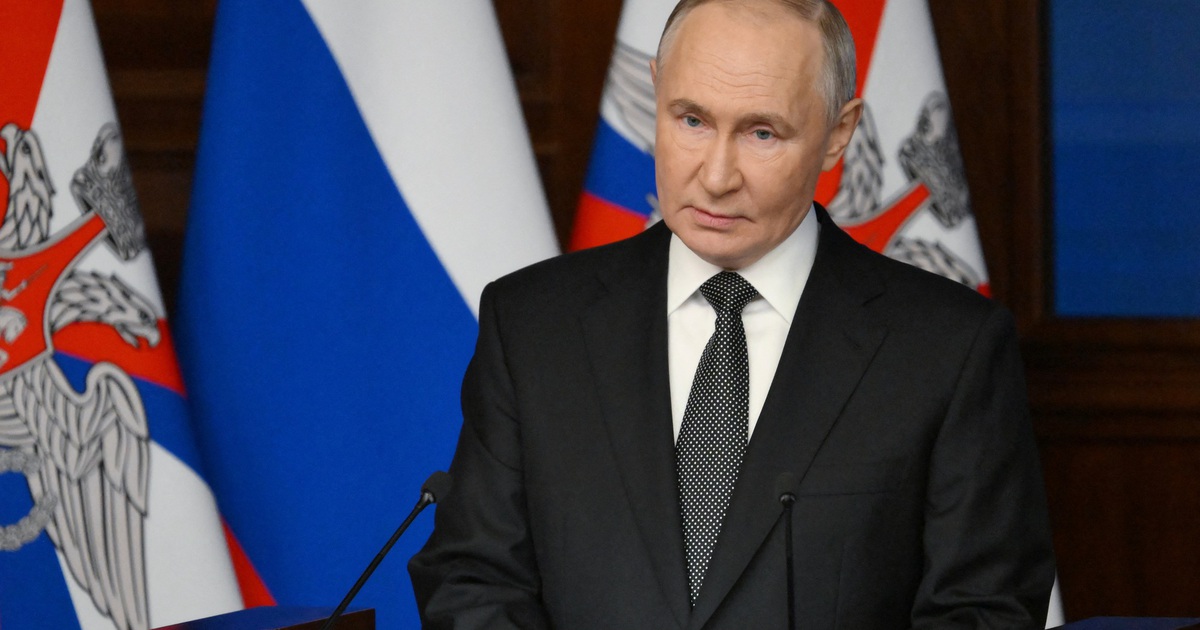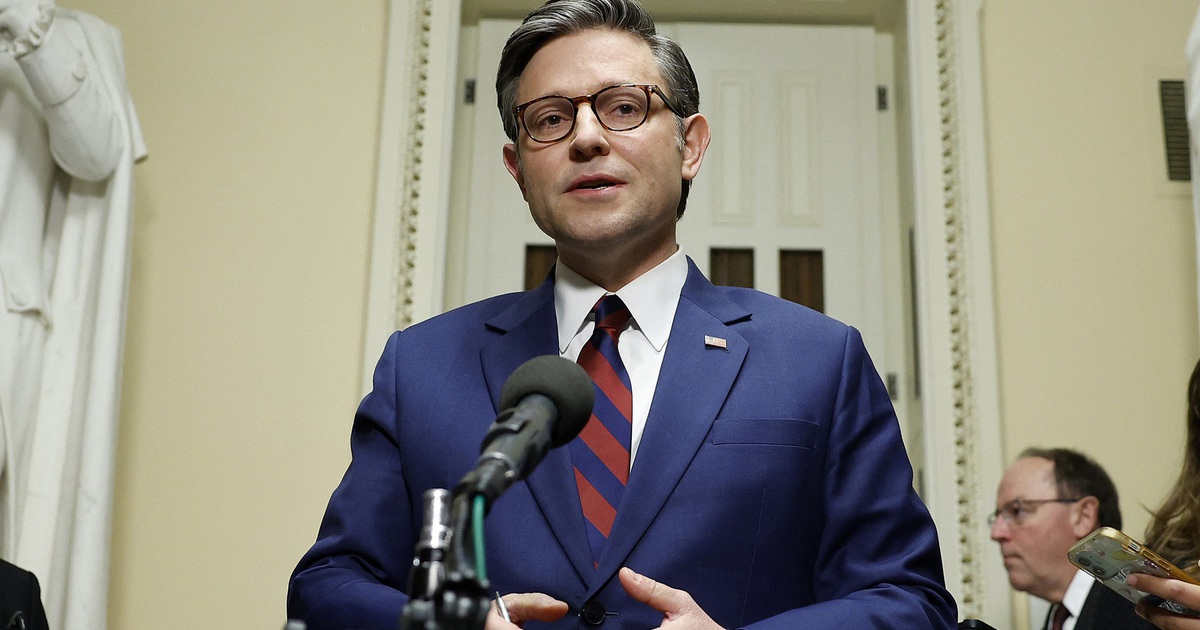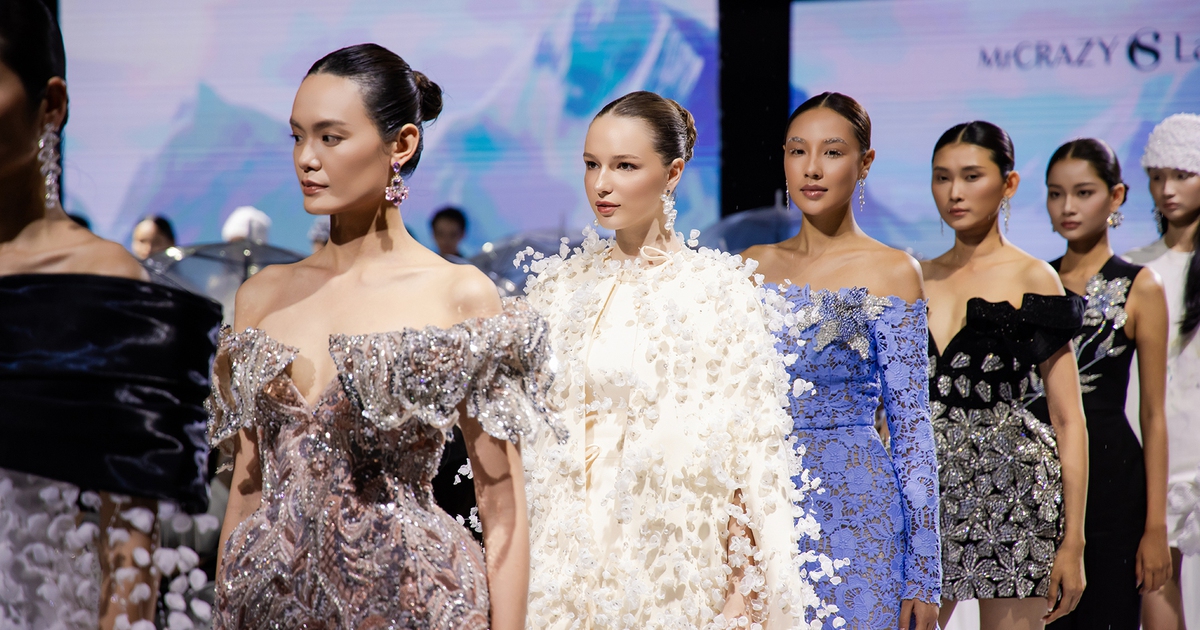Elon Musk entered the German election campaign with a bang this Friday. The richest man in the world and ally of the president-elect of the United States, Donald Trump, has declared his support for the far-right party Alternative for Germany (AfD). And it has caused nerves – and, for some, euphoria – in the political class of a country that will hold early elections on February 23 at a time of economic stagnation and doubts about the viability of its industrial model.
“Only AfD can save Germany,” Musk wrote to his more than 200 million followers on the social network X, of which he is the owner. The statement may sound like another outburst, but in Berlin and other capitals it will also be understood as a warning of what is coming from January 20, when Trump takes up residence again in the White House. In a society based on consensus like Germany’s, and so difficult to transform, the tycoon embodies for some the capacity for political disruption and industrial innovation that is missing in his country.
Musk’s message was a comment from another in which the influencer German Naomi Seibt attacked the Christian Democrat leader Friedrich Merz, favorite in the elections, for criticizing Musk and rejecting an alliance with the AfD.
With five words, the head of X, Tesla and SpaceX has unleashed a double reaction. On the one hand, there is concern among the majority of the political spectrum, which fears foreign interference during the campaign, although until now it was believed that the main threat would come from Russia. On the other, jubilation on the extreme right, which, despite its good electoral results, is subject to a rigorous cordon sanitaire, but now receives the endorsement of a tycoon who will occupy a key position in the new US Administration.
Alice Weidel, the AfD candidate for the Chancellery, celebrated it in X as an early Christmas present, and in English: “Yes! “You are absolutely right, Elon Musk!” Weidel took the opportunity to affirm that Christian Democrat Angela Merkel, who was chancellor between 2005 and 2021 and maintained a strained relationship with Trump, “ruined” Germany. And he denounced that “the Soviet European Union destroys the backbone of the countries and of dysfunctional Germany.” Weidel’s party would be the second most voted if the elections were this Sunday, according to all the polls.
AfD is unique in the galaxy of the European far right. By German History itself, marked by National Socialism. And because it frequently moves within the limits of legality and is under surveillance by the Office of the Protection of the Constitution, the domestic spy services. Politicians such as the leader of the French extreme right Marine Le Pen, aspiring to preside over France, have distanced themselves from the German party.
“There is freedom of opinion and it also applies to thousand millionaires“said the federal chancellor, the social democrat Olaf Scholz, active in Musk’s network, like other global leaders and leaders, in statements to the press. “Freedom of opinion,” he added, “also means that things can be said that are not correct. “The democratic parties in Germany see things differently.”
Musk supports a party that is excluded from the democratic consensus in Germany, but his ideas influence politicians who are at the core of this consensus. This is the case of liberal leader Christian Lindner. He was the finance minister of the social democrat Scholz until the breakup of the government coalition in November. After the bankruptcy, Lindner asked Germany to dare to be more like Argentine President Javier Milei or like Musk himself. And now Musk does not support him, but rather another party.
“Elon, I have started a debate inspired by your and Milei’s ideas,” Lindner told Musk, of course also in X. “While immigration control is crucial for Germany, the AfD is against freedom and business, and it is a far-right extremist party. “Don’t jump to conclusions from afar.” According to the polls, the liberals will not reach the 5% of votes necessary to enter the Bundestag.







